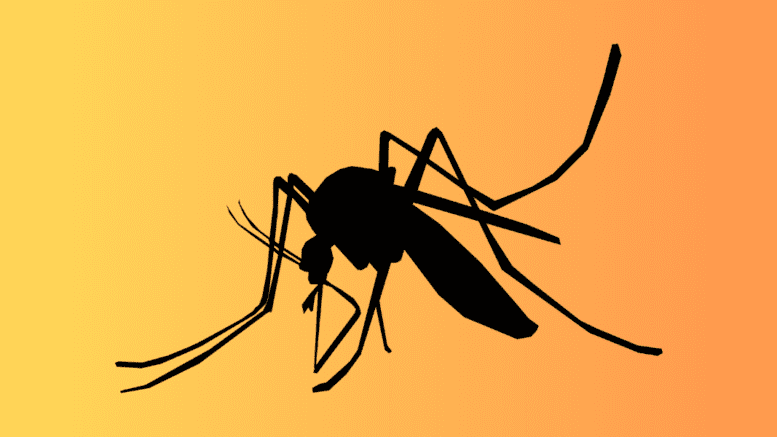From Wellstar Health System
With the recent surge in malaria cases across the United States, including regions right in Georgia’s backyard, it is essential to raise awareness about this life-threatening disease. Dr. Danny Branstetter, Medical Director of Infection Prevention at Wellstar Health System, shed light on the current malaria outbreak its symptoms, transmission, and prevention methods, and offered recommendations to protect Georgia residents.
Malaria, a parasitic disease primarily transmitted through the bite of infected mosquitoes, poses a significant health risk. Warmer temperatures and increased travel contribute to transmission. Dr. Branstetter warned, “The recent spread of malaria within the U.S. should serve as a wake-up call for all communities, including those in Georgia. It is imperative to stay informed and take necessary precautions, especially as record heat waves continue to impact the region.”
While malaria has been historically associated with tropical regions, recent cases in neighboring states have raised concerns. Dr. Branstetter explained, “Mosquitoes capable of transmitting malaria are living in Georgia, making it more important for residents to remain vigilant.”
Prevention plays a pivotal role in safeguarding against malaria and other mosquito-borne illnesses. Dr. Branstetter shared the following recommendations for the public:
- Take steps to prevent mosquito bites: Use insect repellent, wear protective clothing, and avoid outdoor activities during peak mosquito activity hours.
- Control mosquitoes at home: Eliminate standing water, where mosquitoes breed, and use screens or nets to keep them out of living areas.
- Stay informed before traveling: Research health risks and precautions, including malaria, for your destination. Consult with a healthcare provider about preventive medications if traveling to malaria-endemic areas.
- Seek medical care if symptomatic: If you have traveled to a malaria-affected region and develop symptoms such as fever, chills, headache, body aches, and fatigue, seek immediate medical attention. Inform your doctor about your travel history.
Dr. Branstetter highlighted that early diagnosis is crucial for effective treatment. Malaria diagnosis is determined through lab testing of blood samples to identify the presence of the malaria parasite. Prompt and appropriate treatment, guided by healthcare professionals, can help alleviate symptoms and prevent complications.
“By following prevention strategies, staying informed, and seeking timely medical attention when needed, we can combat the spread of malaria and ensure the well-being of Georgia residents,” Dr. Branstetter concluded.
For more information on malaria prevention and symptoms, please visit the CDC Malaria information webpage or contact your local healthcare provider.
